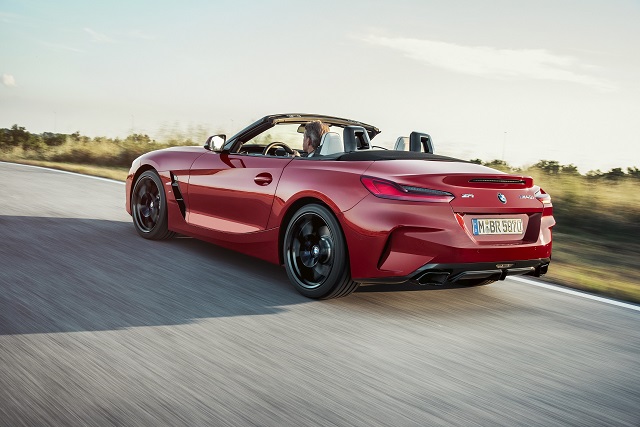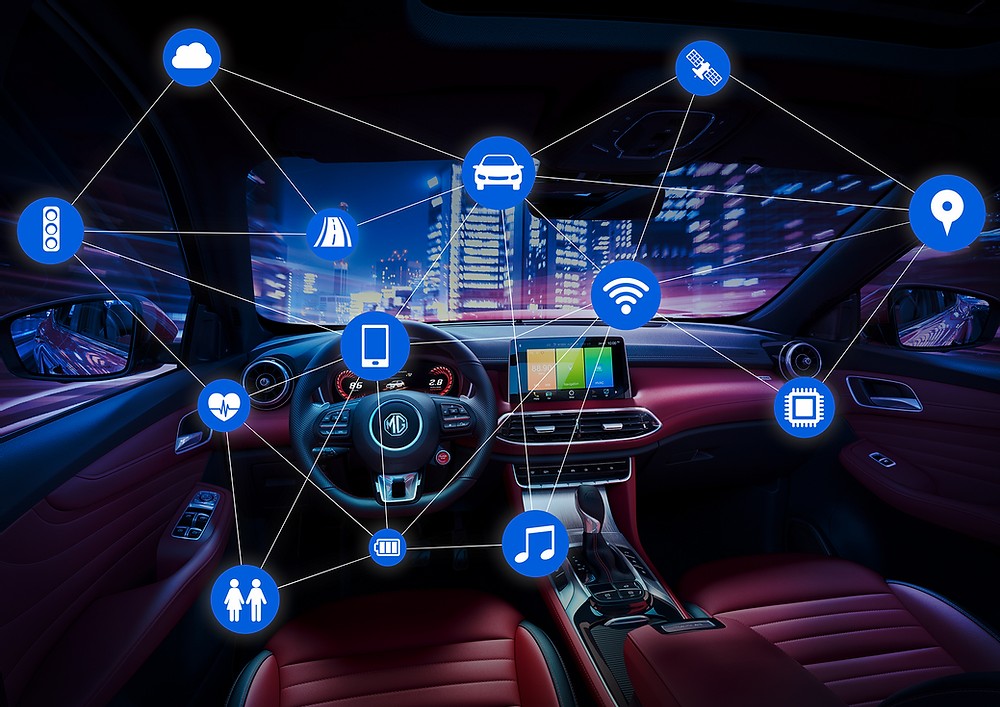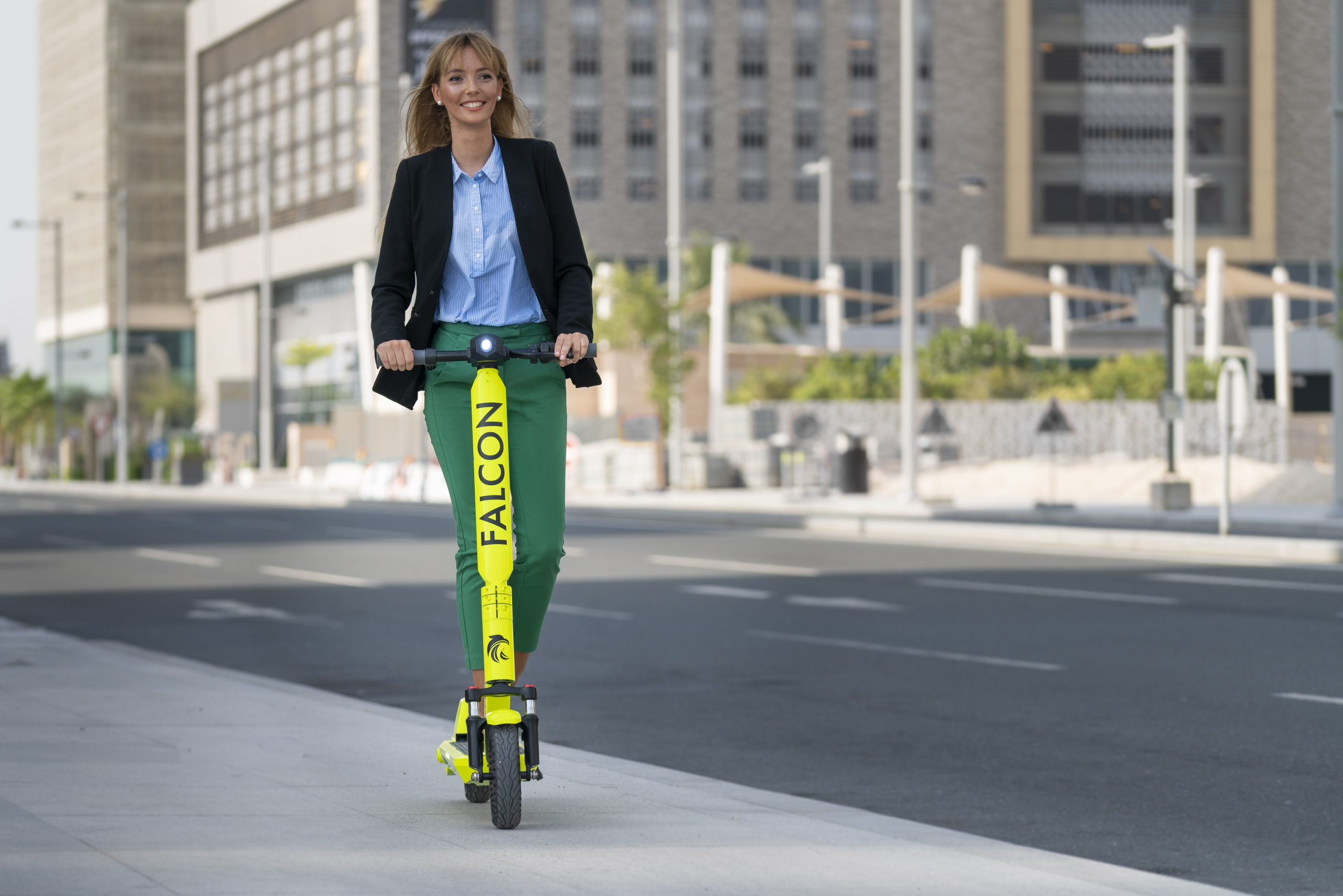German technology firm Bosch has developed what it describes as an “interior monitoring system” for cars that utilizes artificial intelligence (AI) and cameras.
In an announcement Monday, Bosch explained that the system made use of several cameras and could undertake a number of tasks. The system could go into production in 2022, according to the firm.
One of its features includes a camera that’s integrated into a steering wheel. This can detect when a driver is distracted, when their eyes are becoming heavy, and when they are turning their head towards the rear seats or the person sitting next to them, according to the company.
AI analyzes this information and the system can carry out several actions, including warning distracted drivers, recommending a break, and even slowing the vehicle down. Bosch said the information generated by the interior monitoring system was “neither saved nor passed on to third parties.”

In addition to the camera embedded in a steering wheel, Bosch’s system also makes uses of cameras that are either above or below a car’s rear view mirror. These can alert the driver to potentially serious issues such as a child removing their seat belt.
From the middle of 2022, all new cars in the European Union’s market will be required to have “advanced safety systems.”
According to authorities, the new rules mean that all motor vehicles – everything from cars and trucks to buses and vans – will have to have safety features including: driver drowsiness and attention warning systems; reversing detection systems; and event data recorders.
Bosch is one of several firms developing technology that aims to boost the safety of vehicles. In March, Volvo Cars announced plans to install in-car cameras and sensors to monitor drivers for signs of intoxication and distraction.
The firm said the technology would be used to monitor drivers and, when needed, enable the car “to intervene if a clearly intoxicated or distracted driver does not respond to warning signals and is risking an accident involving serious injury or death.”
Actions the car could take include limiting speed to slowing down and then parking the car in a safe place. Installation of the technology will start in the early 2020s.
As the cars we drive become increasingly sophisticated, the technology that underpins them poses a unique set of challenges.
“Currently, technology is more likely to create distractions in vehicles than it is to combat it,” Alain Dunoyer, SBD Automotive’s head of autonomous research and consulting, said in a statement sent to CNBC via email earlier this month.
“These days, cars have a shopping list of features which has led to tasks that were historically quite simple becoming drastically more complicated and distracting,” he added.
“Through biometric testing, we have found that these once simple tasks, like changing the radio station or increasing the temperature, can now demand a level of a driver attention similar to that of negotiating a complex junction.”
More on Cars






Leave A Comment
You must be logged in to post a comment.